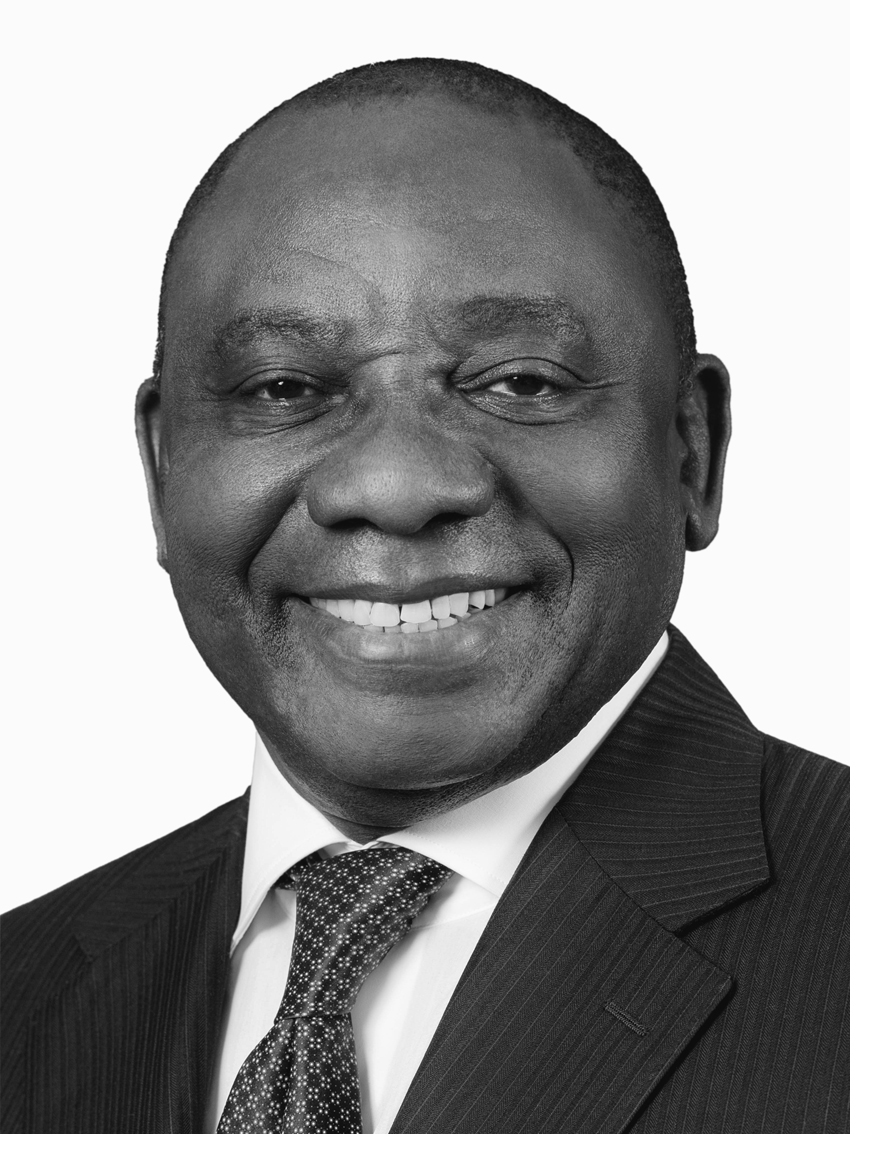Presidency champions fight against corruption

The Presidency has noted media reports on an Afrobarometer survey on public perceptions of corruption in society, in which a majority of the respondents felt that corruption had worsened over the last year.
The results of the survey no doubt reflect the lived experiences of many South Africans who continue to encounter corruption in various forms. This could be in accessing frontline government services or businesses seeking procurement opportunities with the state. Corruption, whether large or small, remains one of the greatest challenges facing our country, holding back economic growth and social development. Corruption robs citizens both directly and indirectly, and undermines confidence in the institutions that are supposed to serve them.
Perceptions of corruption are no doubt also the result of the prominence of specific cases of corruption in the public space. This is due in large part to the work done by the media in uncovering and reporting on allegations of corruption, and the progress being made by law enforcement agencies in detecting corruption and prosecuting those alleged to be responsible.
Evidence presented at the Judicial Commission of Inquiry into Allegations of State Capture and in the country’s courts have exposed criminal transactions on a massive scale between public servants, parties in the private sector and individual citizens.
Since he was elected President in February 2018, President Cyril Ramaphosa has taken several decisive steps to end state capture, fight corruption and rebuild damaged public institutions:
- Boards and executive management in several captured SOEs, like Eskom, Denel and Transnet, have been replaced with competent, credible people. The new leadership of these companis have halted corrupt practices, initiated disciplinary and criminal actions against people alleged to be involved in corruption, and have recovered large sums of money irregularly spent.
- A Commission of Inquiry into SARS was instituted, which found severe governance and operational failures. The recommendations of the commission have contributed significantly to the turnaround of the institution and the resumption of effective revenue collection.
- New leadership was appointed at the Directorate of Priority Crime Investigation (Hawks), which has restored credibility and stability and led to tangible action against alleged corruption.
- A High-Level Panel on the State Security Agency was appointed towards rebuilding and restoring integrity of intelligence services, which made several recommendations to end corruption and politicisation. These recommendations are still in the process of being implemented.
- The Mpati Commission of Inquiry into allegations of impropriety at the Public Investment Corporation was established, whose findings and recommendations have led to remedial measures being instituted at the PIC.
- A new National Director of Public Prosecutions was appointed on the recommendations of a panel established to consider candidates, the first time a President has formally sought the advice of legal experts and made the process public. This has had a great effect on the functioning and credibility of the National Prosecuting Authority (NPA).
- The SIU Special Tribunal was appointed to expedite civil claims against corrupt individuals and the recovery of stolen funds.
- The NPA Investigating Directorate was established to focus on prosecution of state capture and other significant corruption cases.
- A Health Sector Anti-Corruption Forum was launched as a multi-stakeholder body to identify, investigate and prosecute corruption in the health sector.
- The Zondo Commission regulations were amended to enable sharing of information and resources with NPA.
- In response to allegations of corruption in COVID-related procurement, a Fusion Centre was established to strengthen the collective efforts among nine law enforcement agencies to prevent, detect, investigate and prosecute COVID-related corruption.
As a result of the work of the Fusion Centre, 39 accused persons had appeared in 23 criminal court cases across the country by June 2021.
Approximately R878 million in total has been recovered by the Fusion Centre and placed into the fiscus. This includes the recovery by SARS of R252 million in taxes.
- President Ramaphosa authorised the Special Investigating Unit to probe any allegations relating to the misuse of COVID-19 funds across all spheres of the state.
By August 2021, the SIU had referred cases worth R1.4 billion to the Special Tribunal in order to have contracts set aside and recover lost funds; referred 148 individuals and entities to the National Prosecuting Authority for possible criminal action; referred 127 government officials for disciplinary action and 3 political office bearers for executive action.
- Government published details of all COVID procurement contracts online, which was a first in South Africa, with the intention that it should set a precedent for transparency in public procurement. This is a live database that is regularly updated, covering over 580 government departments and public institutions and providing the details of over 13,000 suppliers.
Through the work done in strengthening law enforcement agencies, several high-profile cases of alleged corruption have been brought to courts across the country.
Such investigations, trials and disciplinary proceedings – which are the result of the responses of this administration to bribery and corruption – raise public awareness of incidents of wrongdoing.
While there is much more work that needs to be done to fight corruption, particularly the kind of corruption that impacts directly on people’s lives, there is clear evidence that after years of impunity progress is being made in bringing those responsible to account. Just as importantly, there is real progress in strengthening the institutions responsible for fighting corruption and other public bodies that have been badly damaged by corruption.
The Presidency will continue to give political leadership to this work and welcomes all institutions and instruments that share government’s interest in the ethical renewal of our society.
Media enquiries: Tyrone Seale, Acting Spokesperson to the President – media@presidency.gov.za
Issued by: The Presidency
Pretoria




